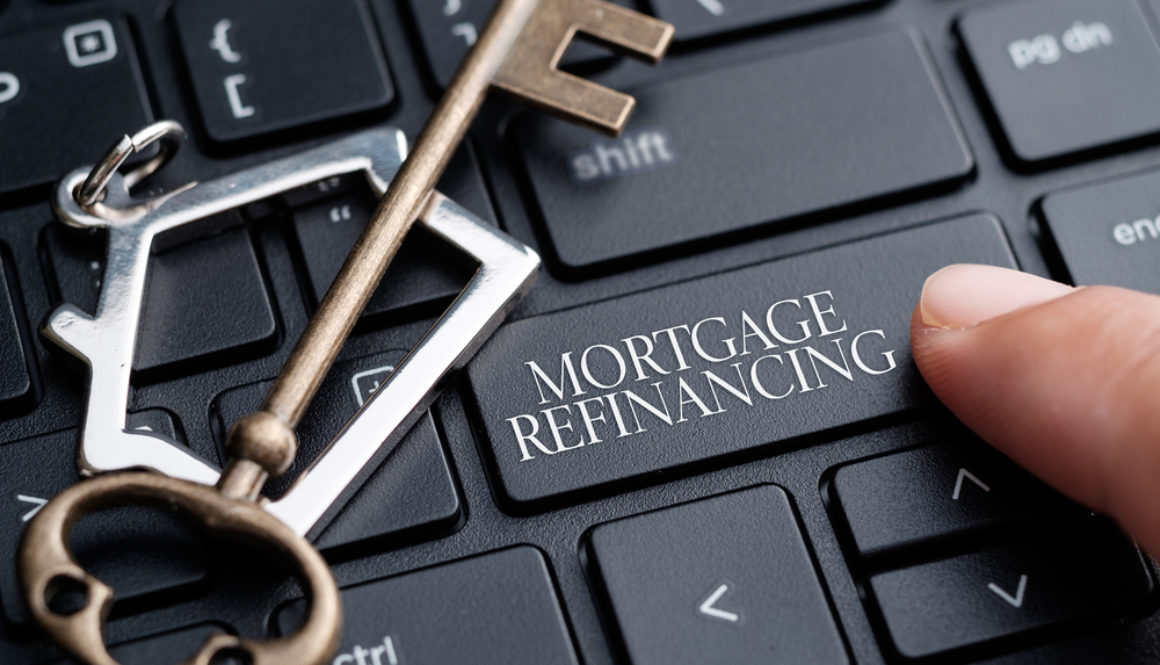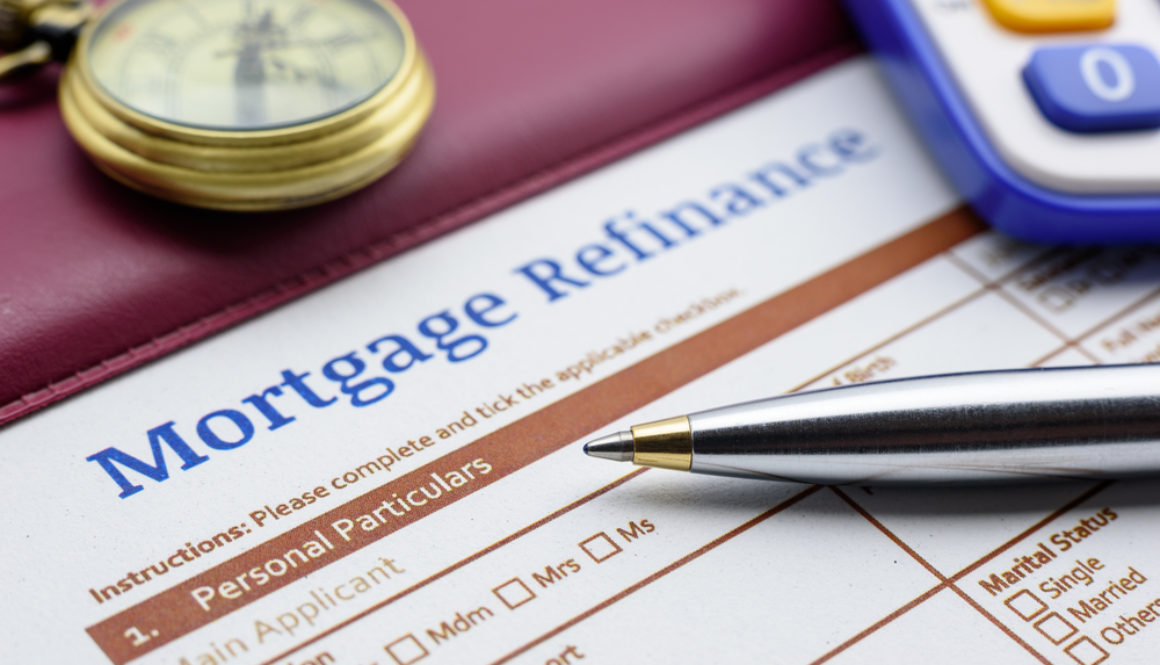Reasons for Mortgage Refinancing: Consolidation and Cash-Out
In part one of this two-part blog series, we went over some of the common reasons why homeowners choose to refinance their mortgage. Refinancing may come with several different benefits, whether you need to lower payments, change your rate format or possibly take advantage of a few other possible areas, and knowing this full landscape is important if you’re going this route.
At Primary Residential Mortgage, we’re happy to offer a variety of mortgage programs, including assistance to clients with all their refinancing needs. What are some of the other reasons you might be considering making this move? Here’s a basic primer.
Combining Two Mortgages
In some cases, homeowners will use refinancing as a way to combine two mortgages that they’re carrying. For instance, if you’re taking out a mortgage for a second home, or perhaps a Home Equity Line of Credit (HELOC), you may look to combine this with your initial mortgage — and there may be cases where doing so will actually make both interest rates lower.
First and foremost, this is convenient — you’re only required to make a single monthly payment rather than dealing with multiple bills. In addition, you’re not reducing your home equity at all, other than any small closing costs you may pay with this method. If you have a second mortgage or HELOC, you should strongly consider whether you might be able to refinance into a single payment for a better deal.
Cash-Out Refinance
Another common use of refinancing, one that’s often put toward a few different areas, is what’s known as the cash-out refinance. This type of refinancing involves utilizing your home’s equity to “cash out” actual funds that are paid out against the amount of equity you’ve built up over a period of months or years.
There are a few different ways you may utilize a cash-out refinance:
- Debt consolidation: In some cases, you may have significant non-mortgage debt built up, such as a credit card or some other type. In these situations, you can use the cash from a cash-out refinance to pay a lump sum toward these balances and improve your debt-to-income ratio.
- Borrowing money: If you need to borrow against your home equity, this is also possible. This is typically a very cost-efficient way of doing it, as mortgage rates tend to be lower than other types of debt — and are also tax-deductible.
- Emergencies: Finally, if some kind of major financial emergency has arisen, you can use funds from a cash-out refinance to cover it.
Cancel Mortgage Insurance
For those under most mortgage programs, private mortgage insurance you pay to protect your lender in case of default can be cancelled once you reach 20% equity in the home. However, for FHA mortgages, this PMI remains for the life of the loan — unless, that is, you refinance it. This is another reason some people utilize refinancing, allowing them to cancel PMI and pay less overall each month.
For more on why you might consider refinancing your home, or to learn about any of our mortgage rates or home loan services, speak to the staff at Primary Residential Mortgage today.
*PRMI NMLS 3094. PRMI is an Equal Housing Lender. Some products and services may not be available in all states. Credit and collateral are subject to approval. Terms and conditions apply. Programs, rates, terms, and conditions are subject to change and are subject to borrower(s) qualification. This is not a commitment to lend. Opinions expressed are solely my own and do not express the views of my employer.


